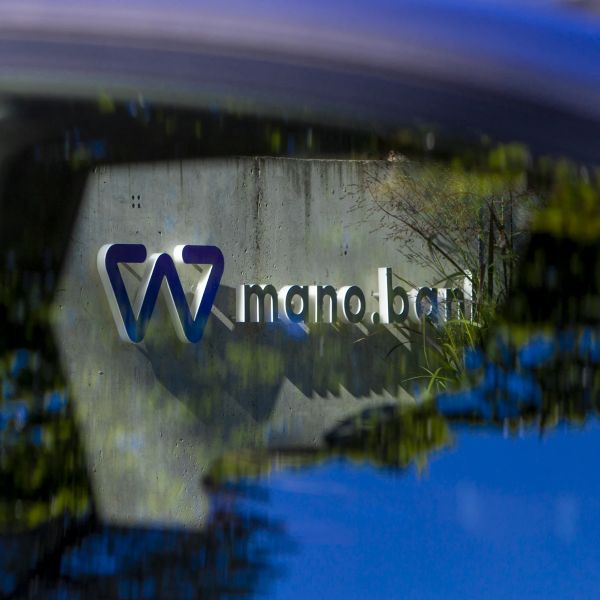On 13 August, China announced the imposition of sanctions on two European Union banks, UAB Urbo Bankas and AB Mano Bankas, based in Lithuania. This action was taken as a reciprocal measure following the EU’s sanctions against several Chinese institutions due to their relations with Russia during its invasion of Ukraine.
The European Union responded by calling on China to revoke these sanctions, asserting that there is no credible justification for the measures imposed on the Lithuanian banks.
Before this, in July, the EU had sanctioned two Chinese banks and five companies, citing their involvement in providing cryptocurrency services that facilitate Russia in evading sanctions, undermining the effectiveness of EU sanctions against Russia.
Olof Gill, spokesperson for the European Commission, defended the bloc’s stance during a press briefing in Brussels, stating, “Our sanctions are the centrepiece of our efforts to minimise the effectiveness of the Russian war machine.” He stressed that the Commission views the Chinese countermeasures as lacking justification and evidence, thus calling for their immediate removal.
The EU’s latest sanctions package, which took effect on 9 August, included the Heihe Rural Commercial Bank and the Heilongjiang Suifenhe Rural Commercial Bank.
In its justification for the sanctions against the Lithuanian banks, China cited the substantial negative impact that the EU’s actions have had on economic and trade relations, as well as financial cooperation between China and the EU.
However, officials in Lithuania, including representatives from the affected banks, indicated that these sanctions were unexpected but would likely have minimal practical effects.
China’s “Lithuanian problem”
In recent years, relations between Lithuania and China have experienced significant deterioration, particularly following the establishment of the Taiwanese Representative Office in Lithuania in November 2021. In response, the Chinese government expelled Lithuania’s ambassador in 2022 and downgraded diplomatic relations to the level of chargé d’affaires, while also imposing economic measures that limited exports from Lithuania. The two sanctioned Lithuanian banks do not have operations in China, rendering Beijing’s actions largely symbolic.
The Bank of Lithuania issued a statement noting that, based on preliminary assessments, the decision would not significantly disrupt the country’s financial system or the operations of the banks, as their business models are primarily centred on the local market.
Marius Arlauskas, the head of administration at Urbo Bank, further clarified that the sanctions would not impact the bank’s activities or its adherence to regulatory standards, given the absence of business relationships with Chinese individuals or entities.
Giedrė Blazgienė, CEO of Mano Bank, clarified that this decision will not affect the services or the quality of the bank’s operations.
“China is not, and never has been, our target market. Since we do not conduct active operations in the country, our customers can rest assured that these sanctions will not affect the bank’s operations, customer deposits, or the quality of services provided.”
Nonetheless, these reciprocal measures reflect the escalating tensions between the European Union and China, exacerbated by China’s support for Russia amidst the ongoing conflict in Ukraine. In this situation, China targeted the financial institutions of an EU member state that has experienced particularly strained diplomatic relations due to its engagement with Taiwan.
Further escalating the situation, in 2024, Lithuania expelled Chinese diplomats following suspicions related to a Chinese vessel involved in an investigation concerning the severing of two undersea data cables, one of which connects Lithuania and Sweden beneath the Baltic Sea.
